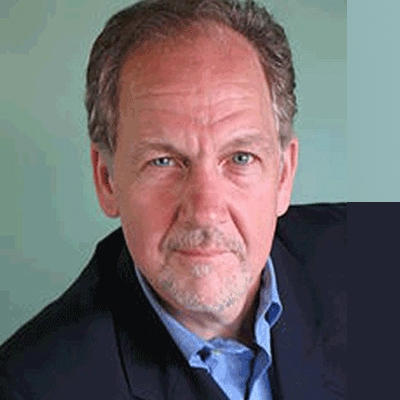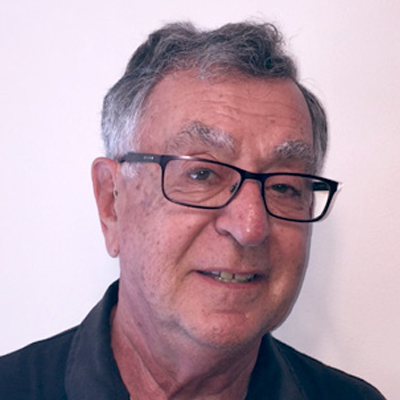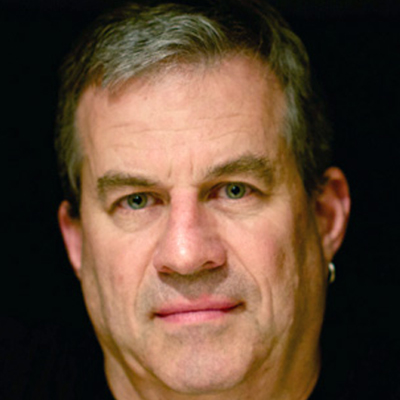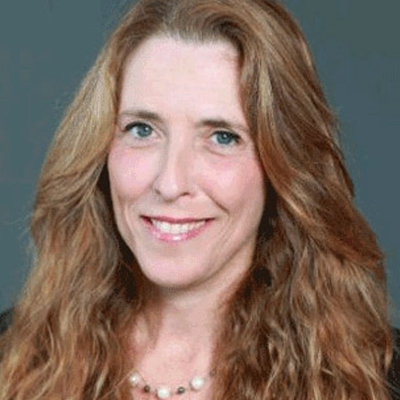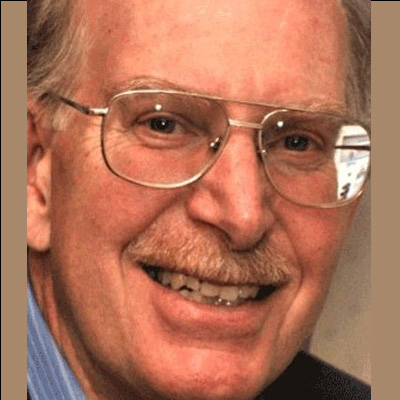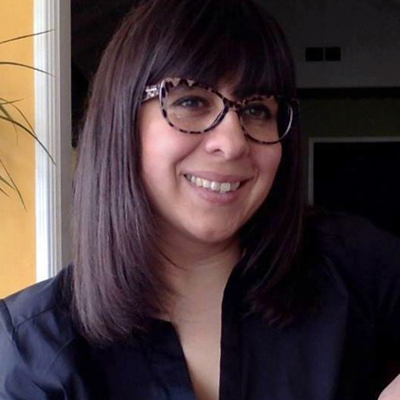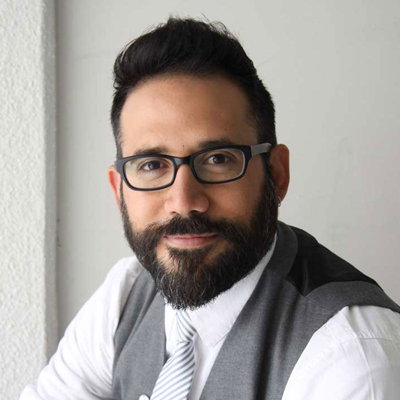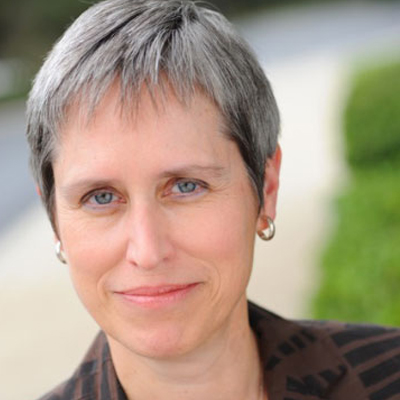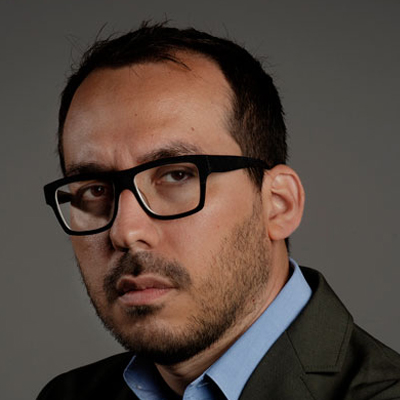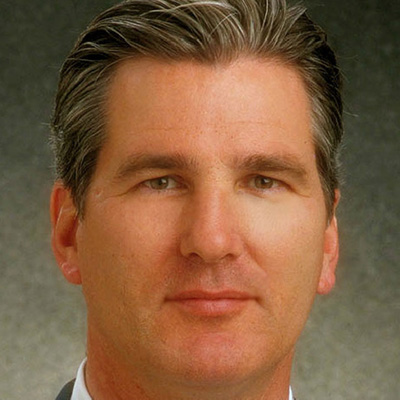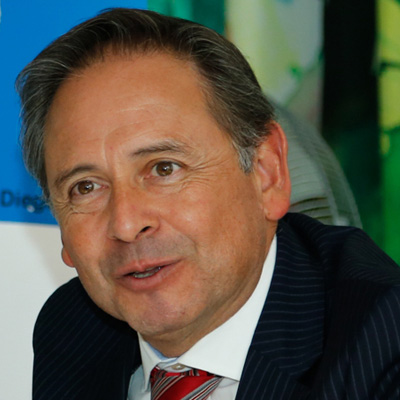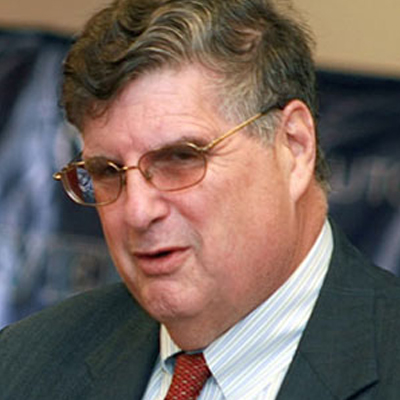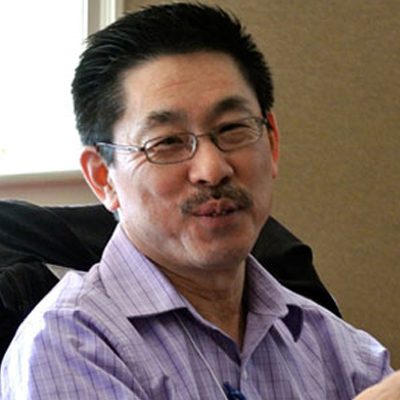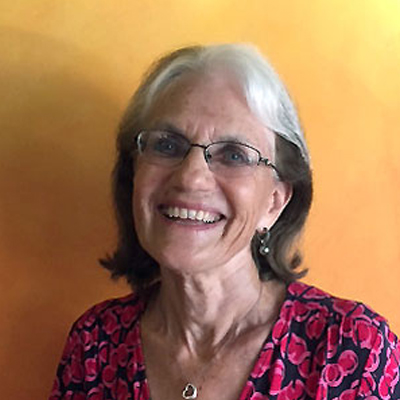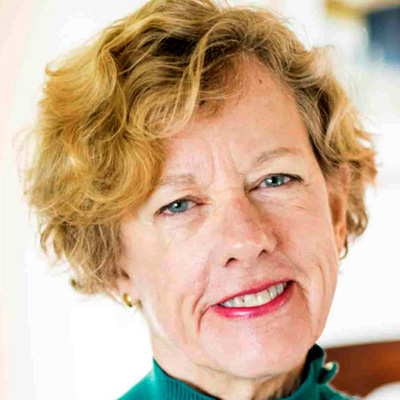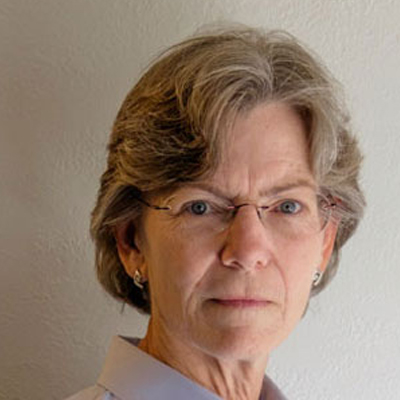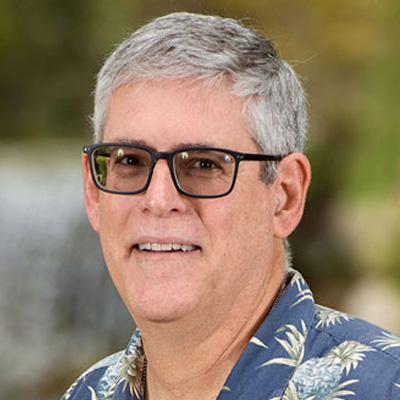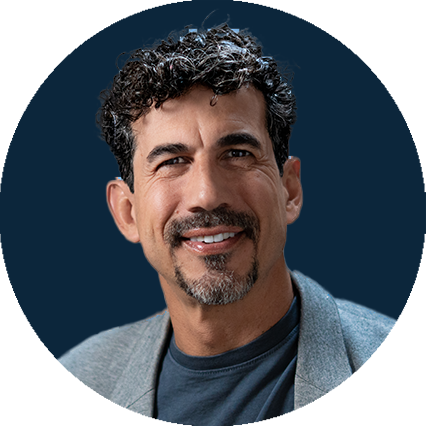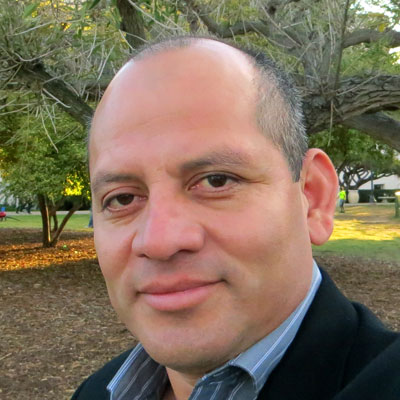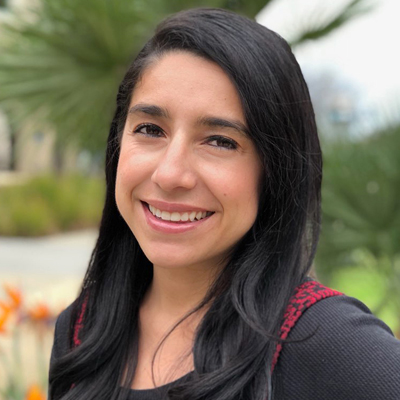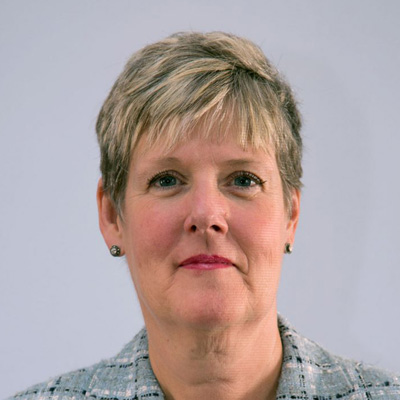
S. Lynne Walker
President and Executive Director
S. Lynne Walker is a Pulitzer Prize finalist whose reporting has taken her to Mexico, where she lived for almost 16 years and reported on political, economic, legal and social issues affecting U.S.-Mexico relations.
Walker began her journalism career at the age of 18 when she got her first newspaper job at The Honolulu Advertiser. After graduating from the University of Hawaii, she worked at newspapers in Tampa, Sacramento and San Diego. It was at The San Diego Union-Tribune, while covering California’s agricultural industry for the business section, that Walker became interested in Mexico coverage. She received her first national journalism award — the 1989 Gerald Loeb Award from the UCLA Anderson School of Management — for her four-part series, “The Invisible Work Force.”
Walker did a three-month stint in Saudi Arabia in 1990-91 during Operation Desert Storm as a correspondent imbedded with an Army tank division. A year later, she was hired by Copley News Service as Mexico City Bureau Chief. It was from her base in Mexico City that Walker came to understand the Mexican people and appreciate their rich culture, music and art, as well as the political, economic and social issues that shape their country.
Her coverage of Mexico and Central America won numerous national and international journalism awards. In 1997, she received a National Headliner Award for a 14-part serial narrative that showed the human drama of illegal immigration to the United States. Her coverage took her to remote corners of Mexico: to Chiapas, where she rented a plane to fly into Zapatista-held territory, and to a remote village in the mountains of Oaxaca where she traveled on horseback to report on rural poverty.
In 2004, Walker was a finalist for the Pulitzer Prize for National Reporting for “Beardstown: Reflection of a Changing America,” her four-part series about a small Illinois town that was transformed by immigration. That same year, she received the American Society of News Editors’ Diversity Award.
Walker received the Maria Moors Cabot Prize from Columbia University Graduate School of Journalism in 2005 for her outstanding coverage of Latin America. In awarding the Cabot Prize judges said, “Among the many correspondents who cover the uneasy relationship between the United States and the countries south of the border, Walker stands out as one of the very few who manages to fully convey the human side of the story. With a natural sympathy for the underdog and a keen eye for detail, and by probing the depths of Latin American culture and society, Walker gives readers an unblemished view of and greater insight into the region.”
Before joining InquireFirst, Walker served for eight years as the vice president of the Institute of the Americas, a nonprofit organization on the University of California, San Diego, campus. There, Walker established the Institute’s regional journalism program, creating an international network of journalists and raising funds to provide them with scholarships to attend week-long journalism workshops that she organized and directed.
Walker continues to travel to Latin America to help colleagues there find new ways to produce in-depth reporting and broaden their audiences. She has conducted Spanish-language journalism workshops in Mexico, Guatemala, Honduras, Nicaragua, Costa Rica, Bolivia and Argentina.
Published Work
Beardstown / Reflection of a changing America
Published November 9-12, 2003 in The State Journal-Register (Springfield, Illinois)
BEARDSTOWN – On winter afternoons, in the sliver of twilight dividing day from night, Mayor Bob Walters drove along his town’s quiet streets troubled by the changes he feared were coming. Beardstown was an all-white community of 5,200 people built by German immigrants. No one remembered an African-American ever setting down roots in this Illinois River town. When Mexican immigrants began flowing into the state, they, too, had bypassed Beardstown. Read more…
Exporting a problem/Gang members deported from U.S. take deadly culture to their home countries
Published January 16, 2005 by Copley News Service
TEGUCIGALPA, Honduras – Marlon Fuentes is a big man at Honduras’ largest penitentiary. His face is tattooed. His talk is tough. He menaces with threatening stares. A gang member from Los Angeles, Fuentes spends his time behind bars impressing Honduran “homies” with stories of his exploits in California. He joined Los Angeles’ 18th Street gang when he was 12, was later arrested for selling dope and brandishing a deadly weapon, then was deported in 1995. Read more…
Skeleton force/Emerging from shadows on the edge of Mexican society, devotees of Santa Muerte clash with Catholic Church
Published July 1, 2004 by Copley News Service
MEXICO CITY – In Mexico City’s most violent neighborhood, two men are locked in battle for people’s souls. One is a priest. The other calls himself a priest. At the center of their struggle is a sinister icon who implores her followers to worship death.Read more…
Mexico peyote site suffers onslaught of tourists, mining
Published December 9, 2007 by Copley News Service
REAL DE CATORCE, Mexico – Pity the peyote, the legendary cactus whose hallucinogenic powers inspired gonzo journalist Hunter S. Thompson and an entire generation of hippies. This ground-hugging native of Mexico’s northern desert is in danger of disappearing, a victim of psychedelic tourism, silver mining and greenhouse tomatoes. Read more…
New law propels gay rights in Mexico/Moves boldly with civil unions as nation watches
Published March 5, 2007 by Copley News Service
SALTILLO, Mexico – Gabby and Ana are in love. So are Marco Antonio and Juan Carlos. Under a sweeping new law allowing same-sex couples to form civil unions, they are planning to turn their love into a legal commitment. Legislators in the dusty northern border state of Coahuila have stunned Mexico by giving same-sex couples property and inheritance rights long reserved for married heterosexuals. Read more…

